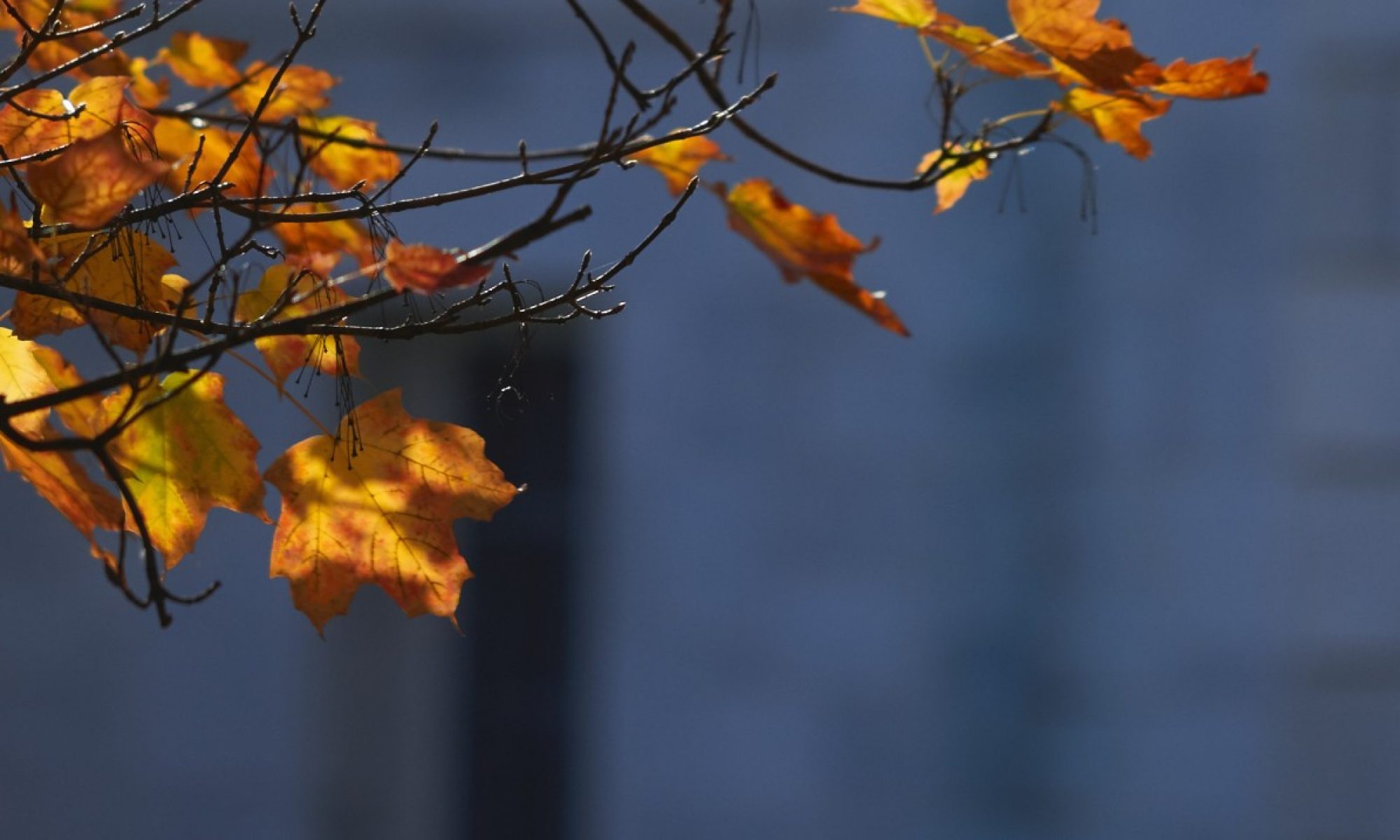
Topic: Biologists of the World Unite!
Abstract:
Established in 2012, the Intergovernmental Platform on Biodiversity and Ecosystem Services (IPBES) aspires to be an “IPCC for biodiversity,” tasked with the synthesizing knowledge about global ecosystems to catalyze global action to better conserve those ecosystems. With over a hundred member states and a thousand experts now taking part in the process, IPBES represents the most prominent (and certainly the largest) institutional crystallization of more than two decades of consensus-building around “ecosystem services” policy discourse. In this paper, I draw on organizational-ethnographic research conducted inside IPBES to explore Noel Castree’s (2017) recent suppositions about actualizing a more “deeply radicalized” global change science. More specifically, I consider his admonition that critically-oriented environmental scholars “get stuck in”—that we earnestly engage these scientific communities and try to turn their growing recognition of the momentous political-economic implications predicted in their own findings toward the building of new solidarities and pursuing more “richly radical ends.” I explore these speculations empirically by analyzing a unique site where critical scholars actually tried to accomplish this: within IPBES. I highlight the presence of a handful of critically-oriented social scientists, humanities scholars, and heterodox scientists embedded in the process. There, I observed them trying to dislodge ecosystem services from its more epistemically and politically problematic “mainstream” tendencies and working to re-purpose IPBES itself toward the production of knowledges less bound to neoliberal logics and more amenable to envisioning radical alternatives. To my surprise (and often theirs!), I saw them repeatedly succeeding at this task. As the profoundly radical implications predicted in the findings of global change scientists grows ever starker, I conclude—at least in relation to IPBES—that the radical theorizations offered by critical scholars represent not only an appropriate but urgently necessary and quite plausible part of the dialogue. Even more intriguing is that the leadership of IPBES has increasingly come to agree.
Biography:
PhD, University of California, Berkeley
MA, University of Toronto
BSc, University of British Columbia
I am an Assistant Professor of Environmental Studies trained in human geography, cultural anthropology, and environmental science with prior experience working in international conservation and development.
I work on questions of power, knowledge, environmental justice, and social change, and how they intersect in contemporary environmental politics. In my research, I bring together scholarship from political ecology, science studies, and critical institutionalism and apply an ethnographic approach to the study of environmental policy, focusing on the day-to-day practices and lived experiences of the practitioners who dynamically constitute environmental governance processes.
My doctoral research analyzed the politics and institutionalization of “ecosystem services” concepts in global environmental governance. Why has nature’s dollar sign gained such widespread currency among conservation practitioners? What is at stake in re-envisioning biodiversity in this manner? And what can the contemporary embrace of ecosystem services tell us about the changing politics of conservation? I used mixed ethnographic methods to pursue the spread and uptake of this idea through transnational policy networks and across diverse sites, scales, and institutional contexts of governance. You can find more information about my research here: https://danielsuarez.ca
In the classroom, my teaching emphasizes vigorous dialogue as a means of advancing student learning: dialogue with me, with each other, and with the wider social worlds in which my students are implicated, locally and globally, personally and professionally.
I grew up in Vancouver and am into running, cycling, hiking, and many other -ings related to being outdoors.
